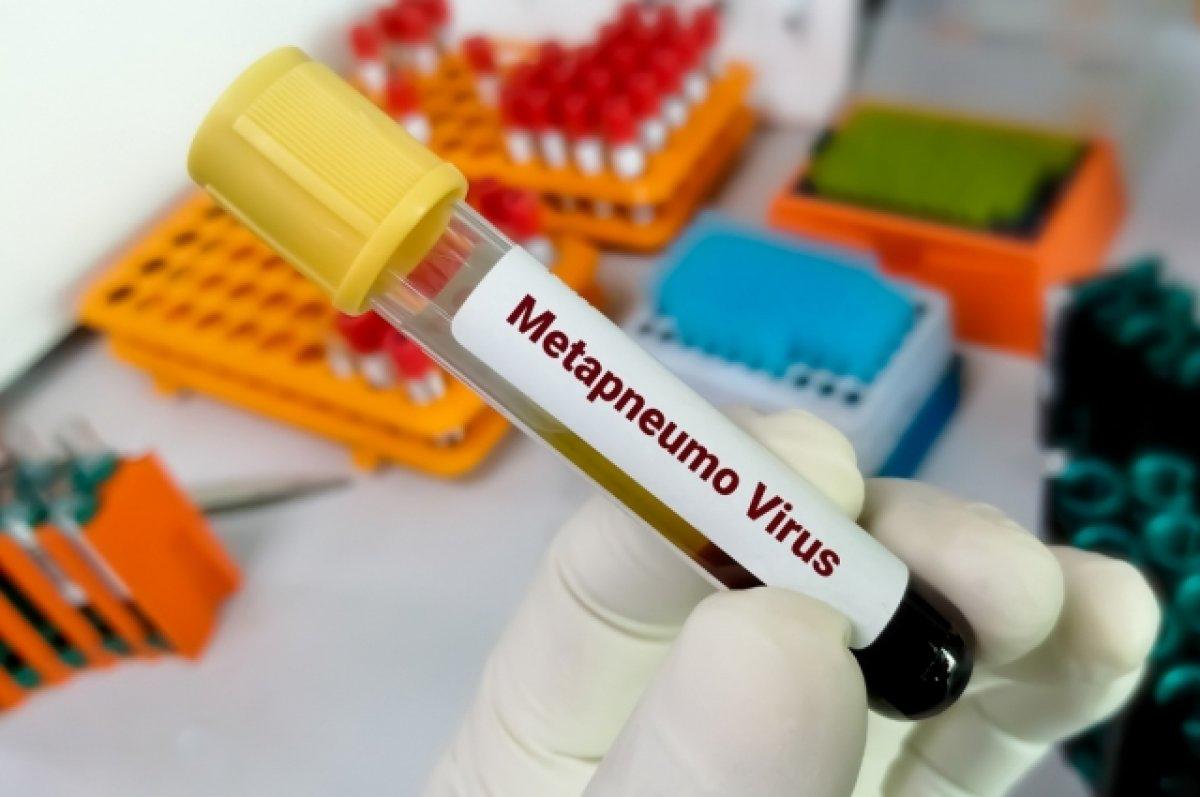
METAPNEUMOVIRUS (HMPV) is a classic respiratory virus that causes respiratory diseases. Human metapneumovirus has been circulating in various countries for decades. The activity of the virus manifests itself during the season of increased incidence of acute respiratory viral infections and influenza.
The Ministry of Health of the Republic of Kazakhstan reports that since the beginning of the current epidemiological season, since October 1 of this year, 2,002,335 cases of acute respiratory viral infections and 941 cases of laboratory-confirmed influenza have been registered in Kazakhstan, including 910 cases of influenza type A (H1N1), 1 case - A (H3N2) and 30 cases of influenza B.
According to the Committee for Sanitary and Epidemiological Control, since the beginning of the epidemic season, 8,360 samples have been tested for non-influenza viruses in our republic. Of these, 1866 (22%) positive samples were detected, including rhinovirus, which was the most widespread - 680 samples or 36.4%, followed by RS virus - 433 (23.2%), adenovirus - 226 (12.1%), coronavirus - 206 (11.1%), parainfluenza - 178 (9.5%), bocavirus - 113 (6.1%) and, last of all, metapneumovirus - 30 (1.6%).
Transmission routes:
- mainly airborne (through droplets of saliva during coughing and sneezing)
- less often – contact-household (through touching surfaces and objects infected with the virus, which then gets into the mouth, nose or eyes through the hands).
Main symptoms (typical manifestations of ARVI)
- cough
- nasal congestion
- runny nose
- fever
- shortness of breath
- headache
- hoarseness
In adults, the infection usually occurs in a mild form, sometimes asymptomatically.
Those at risk of severe infection include:
- Children under five
- Adults over 65
- People with chronic diseases
- People with immunodeficiency
Treatment is symptomatic (there is no specific treatment)
Prevention (there is currently no vaccine against HMPV)
- Practice good hygiene: Cover your mouth and nose with a tissue or your elbow when coughing or sneezing;
- Wash your hands frequently with soap or use hand sanitizer;
- Avoid touching your eyes, nose, and mouth to reduce the risk of infection;
- Eat a balanced diet and engage in moderate physical activity;
- Get enough sleep (7-8 hours a day)
- Refrain from visiting crowded places
- Avoid close contact with people with signs of infection (distance 1.5 m)
If you have symptoms of a respiratory infection:
- stay at home (in order not to spread the infection);
- ventilate the room more often and do wet cleaning;
- do not visit crowded places;
- wear disposable masks in crowded places and on public transport;
- take antipyretic drugs if your body temperature is above 38°C
- if symptoms increase and your condition worsens, do not self-medicate, do not take antibiotics, seek medical help from specialists



